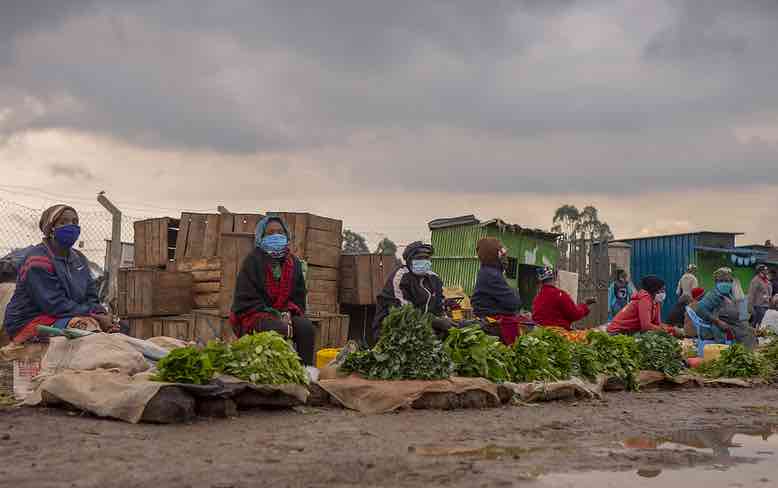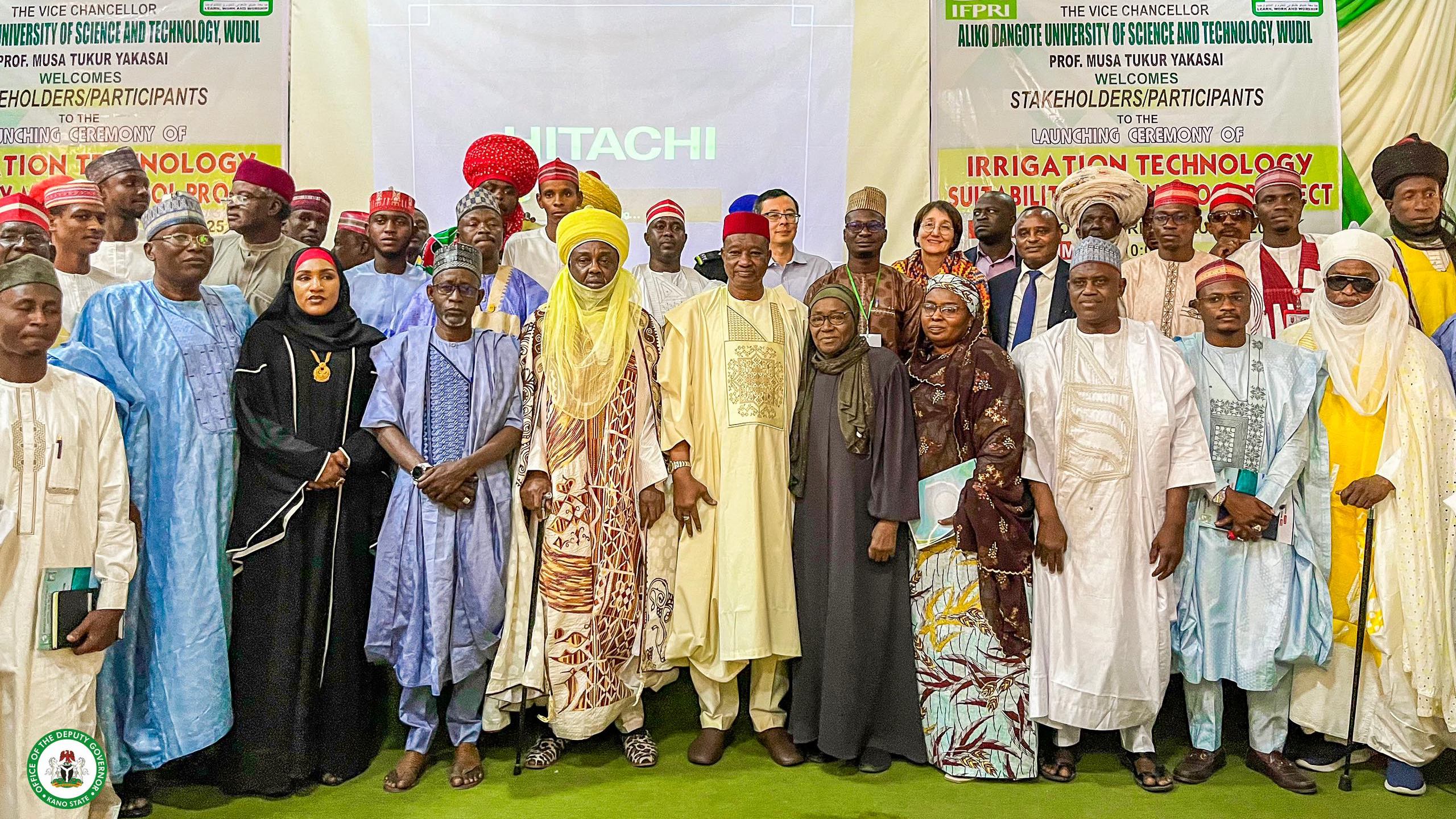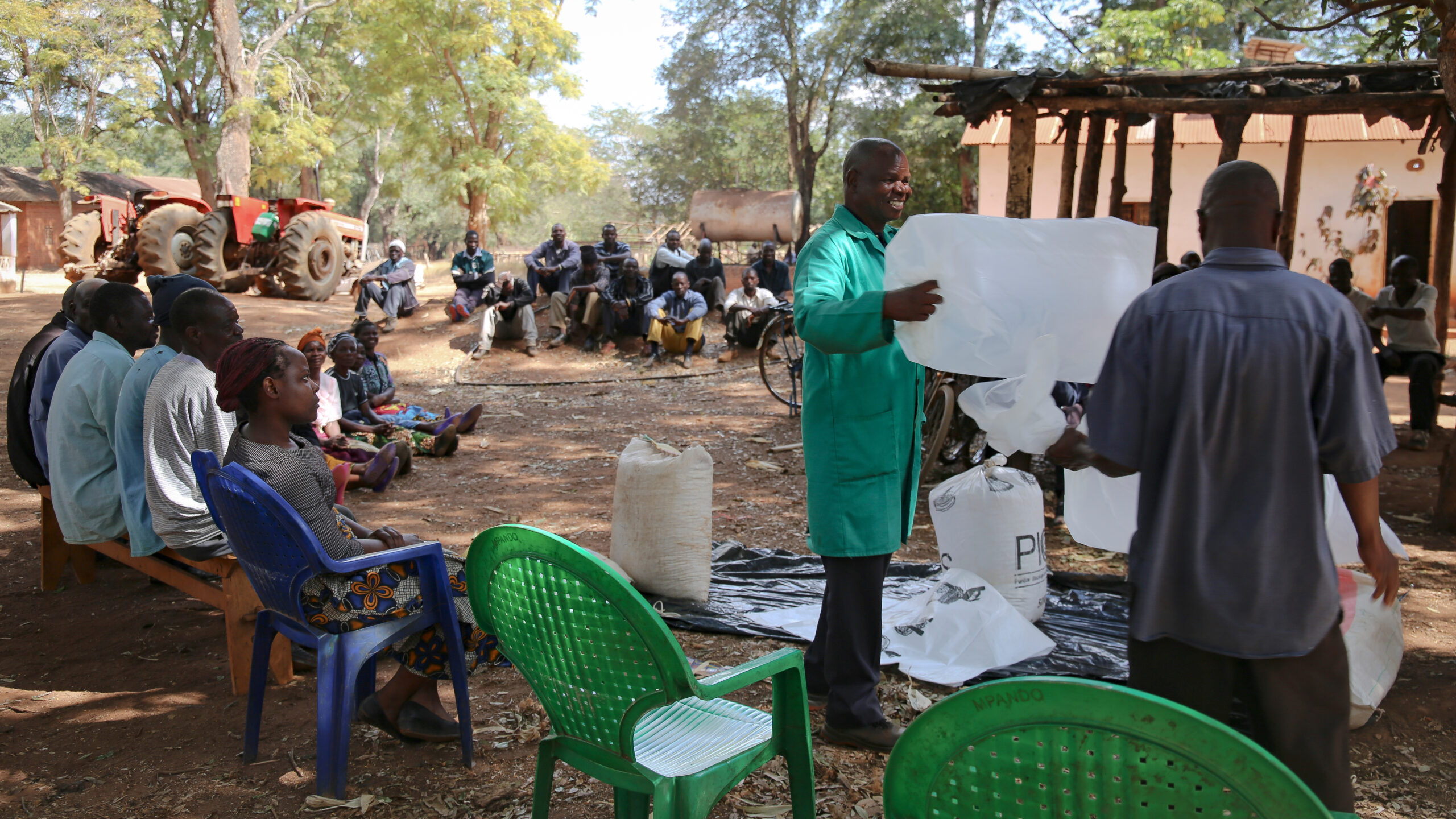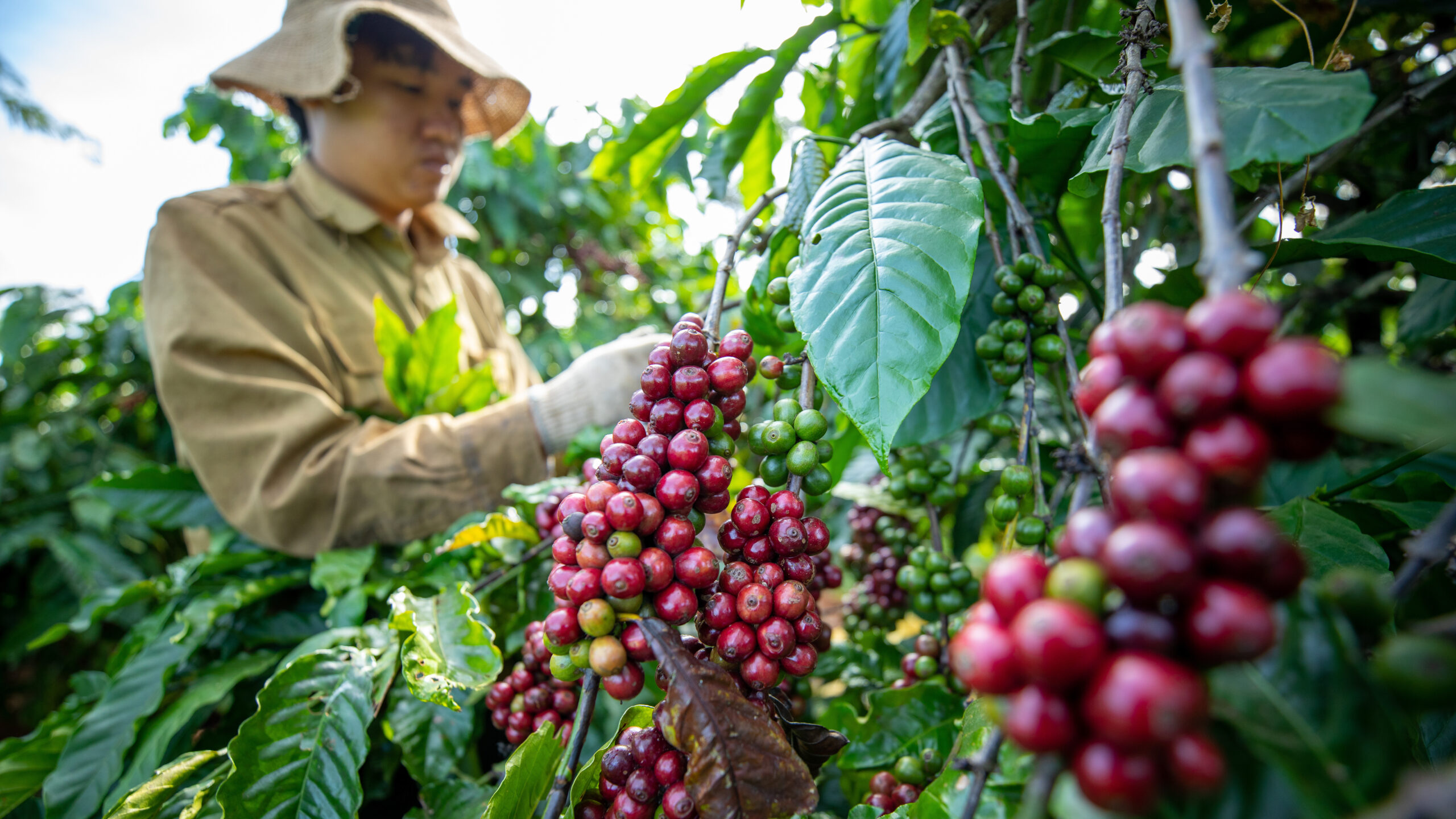If you look at traffic in Nairobi or go to a market in many parts of Kenya, you might think that COVID-19 is no longer a major problem. Public spaces seem as crowded and bustling as ever. But has the country really, fully recovered from this crisis?
In rural Kenya, the pandemic has posed serious problems whose impacts are ongoing, particularly for women. I recently spoke with Esther (a pseudonym), a small-scale farmer in Nyandarua County northwest of Nairobi about her experiences. Esther grows vegetables and potatoes on a quarter of an acre farm and sells the produce at a nearby market, five kilometers from her homestead. “I am 42, I have three children, three boys, and I live with my husband,” Esther said. “In 2020 and 2021, I had problems buying inputs and selling my crops due to lockdowns, transportation problems, and other issues. My husband’s small business was affected by COVID-19 too, as he could not capture the profits like before. It was a period of hardship; I lost income and we had to eat whatever we could find on our farm; at times we could only eat one meal in a day.”
Our conversation adds context to the results of a series of IFPRI phone surveys of men and women in rural Kenya (part of a broader study of the gendered impacts of COVID-19 on seven countries in Africa south of the Sahara and South Asia). To better understand the early impacts of the COVID-19 pandemic on rural Kenya households, IFPRI researchers conducted four rounds of phone surveys between September 2020 and February 2021. More than 70% of households in the survey experienced income losses due to the COVID-19 pandemic. Women were slightly more likely to report pandemic-related income losses in the first three rounds (and especially in round 3, November 2020). In the fourth round (February 2021) when COVID-19 cases were spiking, men were more likely to report income losses.
As reflected in Esther’s experience, the COVID-19 pandemic had unprecedented effects on the lives and livelihoods of men and women in rural settings, where gender inequalities in access to and control over productive resources and economic opportunities persist. To cope with income loss, Esther used her savings and sold her livestock (pigs) to earn some income and keep her farm running. Esther’s experience tracks the phone survey results, which showed the majority of rural men and women used their savings, sold assets, and borrowed money to cope with the loss of income. According to the survey, use of personal savings was the most important coping strategy to deal with pandemic-related income losses in the early rounds of the crisis when there were curfews and movement restrictions; 67% of men and 61% of women reported using savings. In later rounds, savings were exhausted and households resorted more to borrowing and reducing food consumption.
The share of both male and female respondents who reported reducing consumption remained between 32% and 46% across survey rounds. Moreover, between 42% and 51% of men and women reported borrowing to cope with income losses throughout the early stages of the pandemic. The primary sources of borrowing were friends and family, followed by self-help and village savings groups. Some respondents reported receiving funds through lending apps. In my conversation with Esther, she mentioned using Fuliza, a lending platform of the Safaricom Mobile Company that provides instant credit to qualified Safaricom clients. Very few of the surveyed rural men and women borrowed from commercial banks or money lenders.
Though the government expanded social protection programs, including public works programs and stipends and cash transfers, which often targeted single-parent households and other vulnerable groups to support them through the pandemic, assistance often did not reach rural residents, the surveys indicate. A small share of households reported receiving government transfers, especially during earlier survey rounds. Women were more likely than men to report receiving government transfers at the beginning of the pandemic, when 20% of women reported receiving this support, compared to 10% of men.
Esther said did not receive any such support. She recalled providing her name to a program that assured her she would receive a cash transfer. However, the money never came.
With her reduced income, Esther could no longer buy diverse foodstuffs. During Kenya’s first lockdown between March and June 2020, it was difficult for her to buy food or to sell her farm produce; mostly, her household consumed what they produced. In our phone surveys, minimum dietary diversity for women (MDD-W) was calculated for men and women respondents based on a 24-hour recall period to assess impacts of COVID-19 on nutrition. In the early rounds, men were around 20% points more likely to report achieving diet adequacy than women, meaning that they consumed food from at least five different food groups in the previous 24 hours. Only around half of women respondents achieved minimum dietary diversity. The most common food groups consumed were grains, dark leafy vegetables and dairy products.
As with Esther’s experience, the phone survey results confirmed that more than 65% of households across all rounds experienced changes in food access due to the pandemic. Round 4 of the survey captured the long version of the Food Insecurity Experience Scale (FIES). About half of all respondents were moderately or severely food insecure based on this scale.
Conclusions
The COVID-19 pandemic has had far-reaching impacts on people in rural Kenya—particularly women—that linger today. The coping strategies used to deal with income losses have depleted savings and assets. For instance, Esther was not able to buy new pigs to replace the ones she sold; and she has debts from COVID-19 loans that she worries about. Rural women—already less likely to have adequate diets compared to men—saw their dietary quality deteriorate. Most households in the survey, and Esther as well, did not receive government or non-government assistance during the pandemic.
With the rise in food and fuel prices in 2022, the lingering impacts of the COVID-19 pandemic have now morphed into a permanent crisis. To reduce adverse impacts for food-insecure rural and urban populations, the government of Kenya should increase needs-based cash transfers to improve diets of rural and under-served urban populations, and identify affordable credit products that can relieve the severe indebtedness of farmers. To counteract the additional challenges from higher fuel and fertilizer prices, county governments should support rural communities to set up local pop-up markets that are closer to farm gates; and provide fuel subsidies for farmers to ensure that locally produced food reaches markets. As Esther told me, farmers are the backbone of Kenya’s economy and food security. They need all the support they can get to keep their farms going during these trialing times.
Harriet Mawia is a Kenya-based Research Officer with IFPRI’s Africa Division. This post also appears on the IFPRI Kenya Strategy Support Program blog.
This research is not yet peer reviewed. It was prepared under the Gender, Climate Change, and Nutrition Initiative (GCAN) with U.S. Agency for International Development (USAID) COVID-19 emergency funding. GCAN was made possible with support from Feed the Future through USAID and is associated with the CGIAR Research Program on Climate Change, Agriculture and Food Security (CCAFS).







